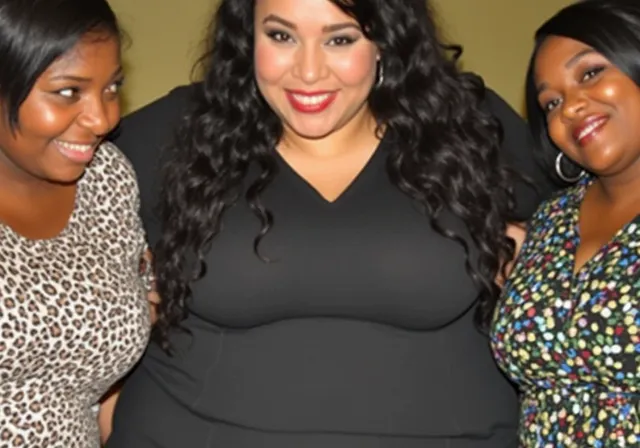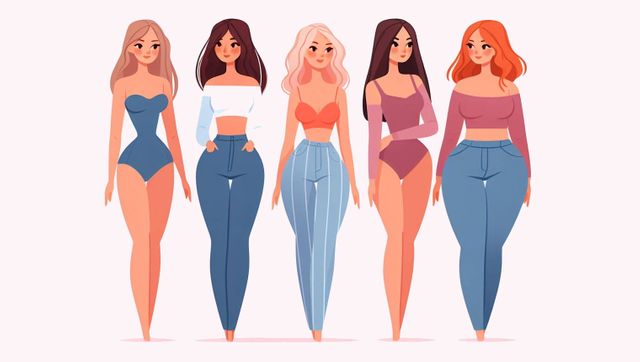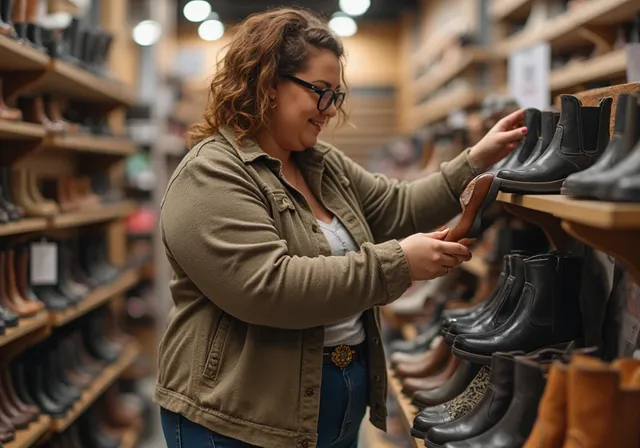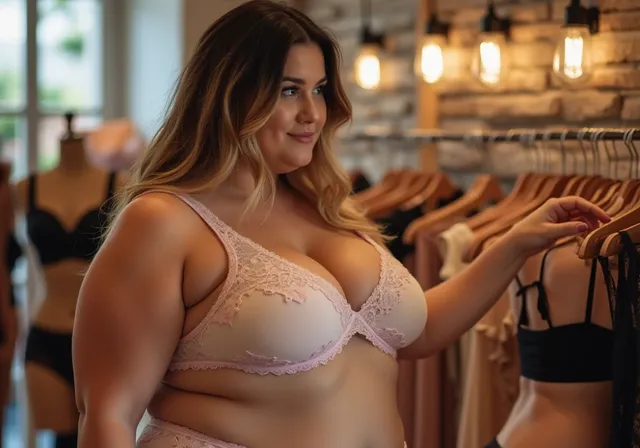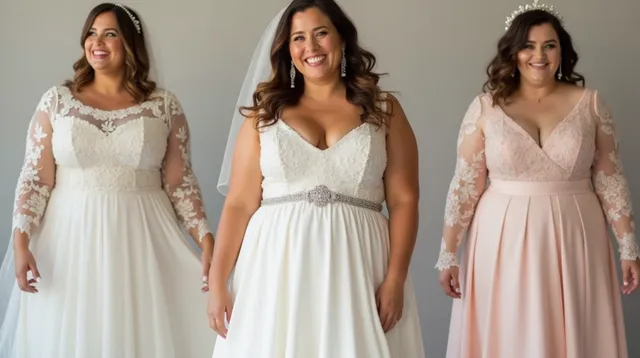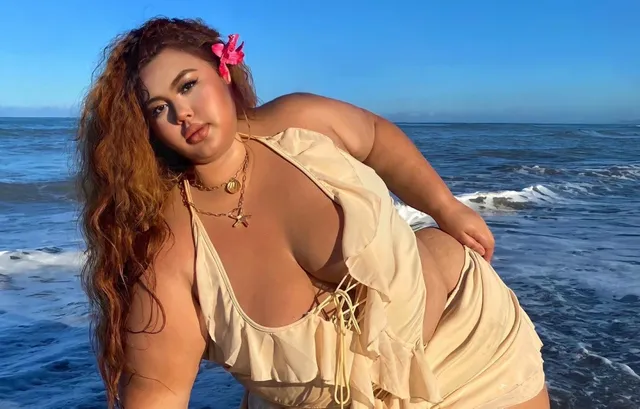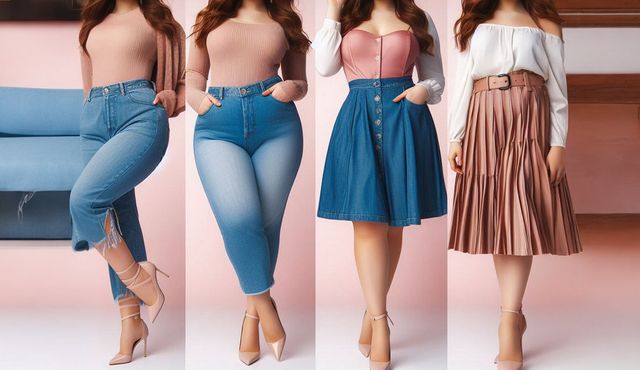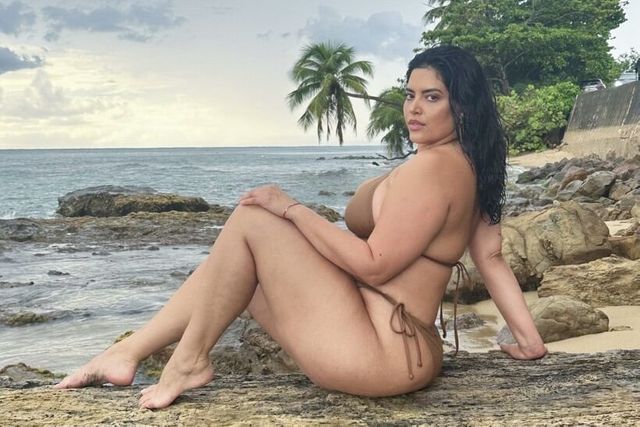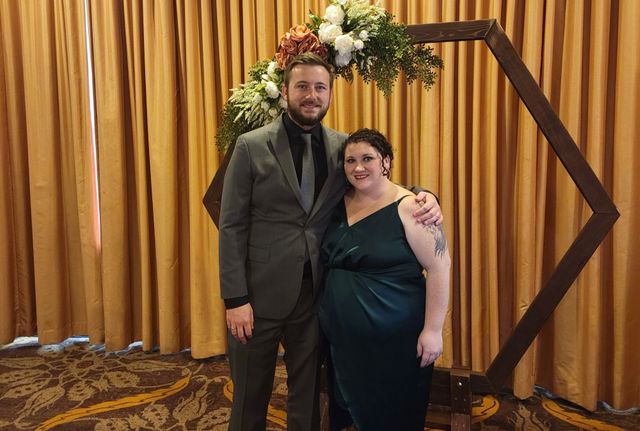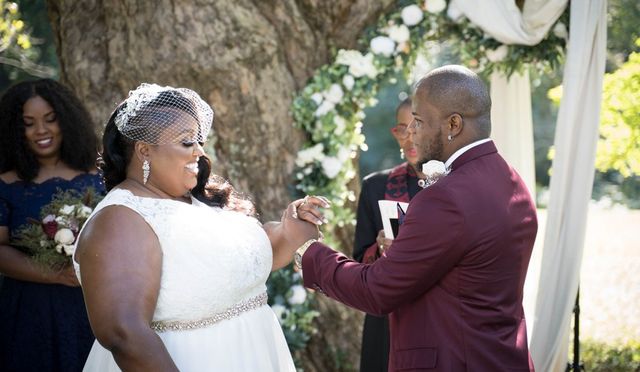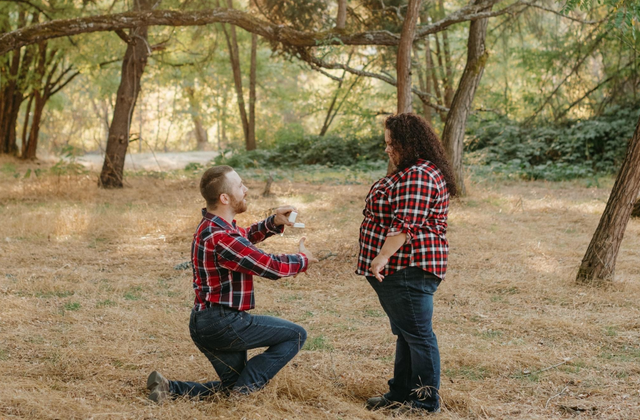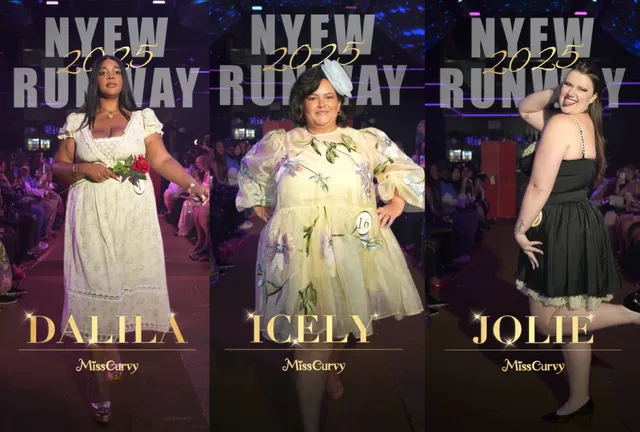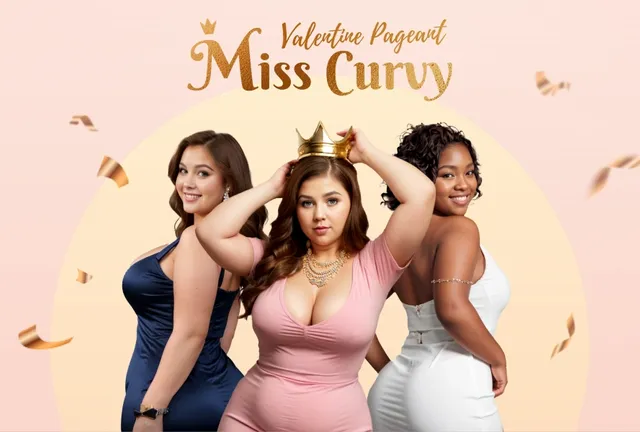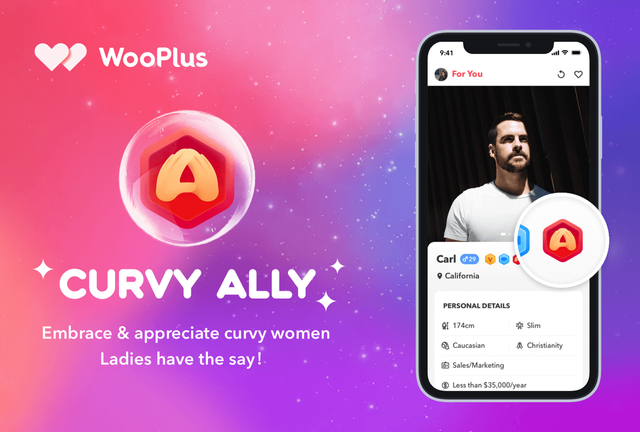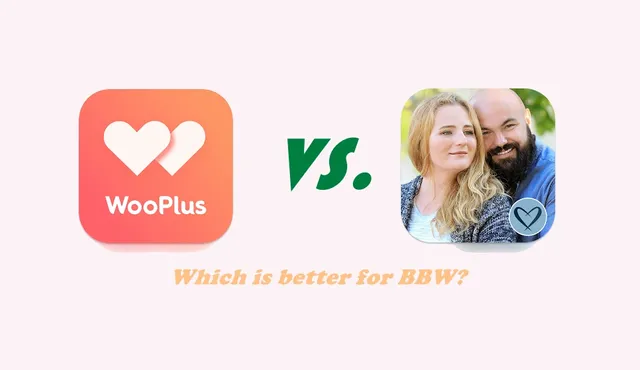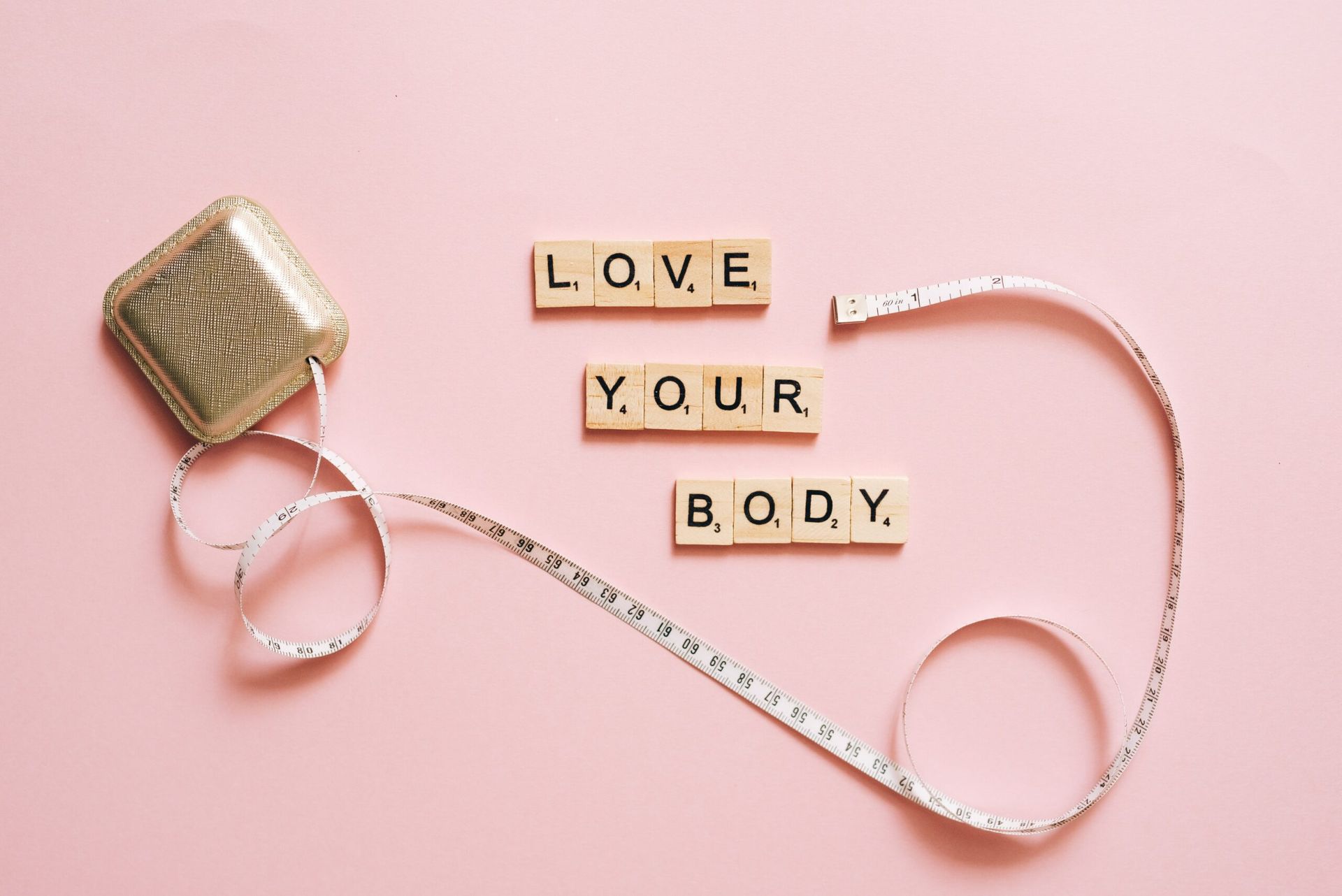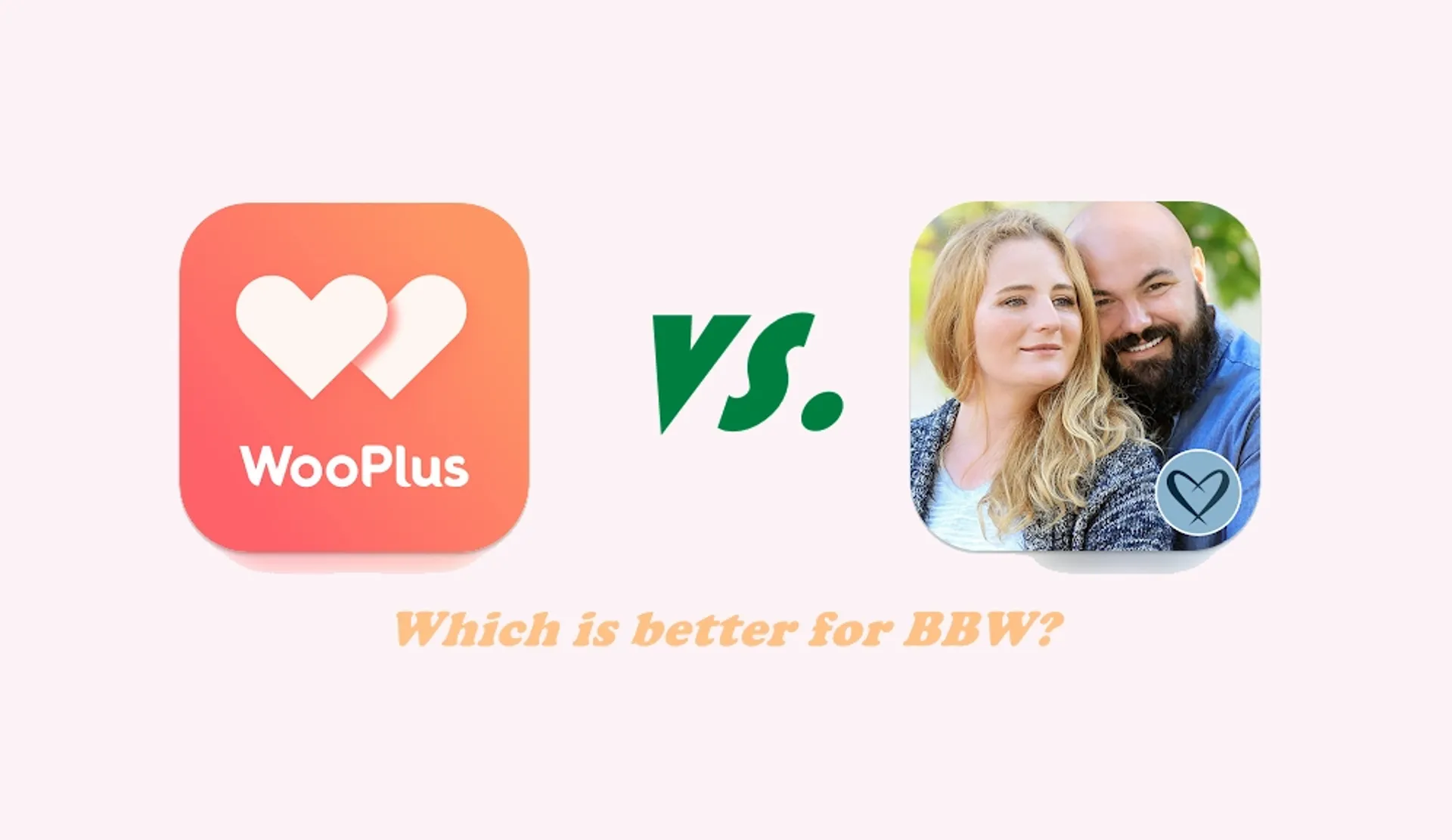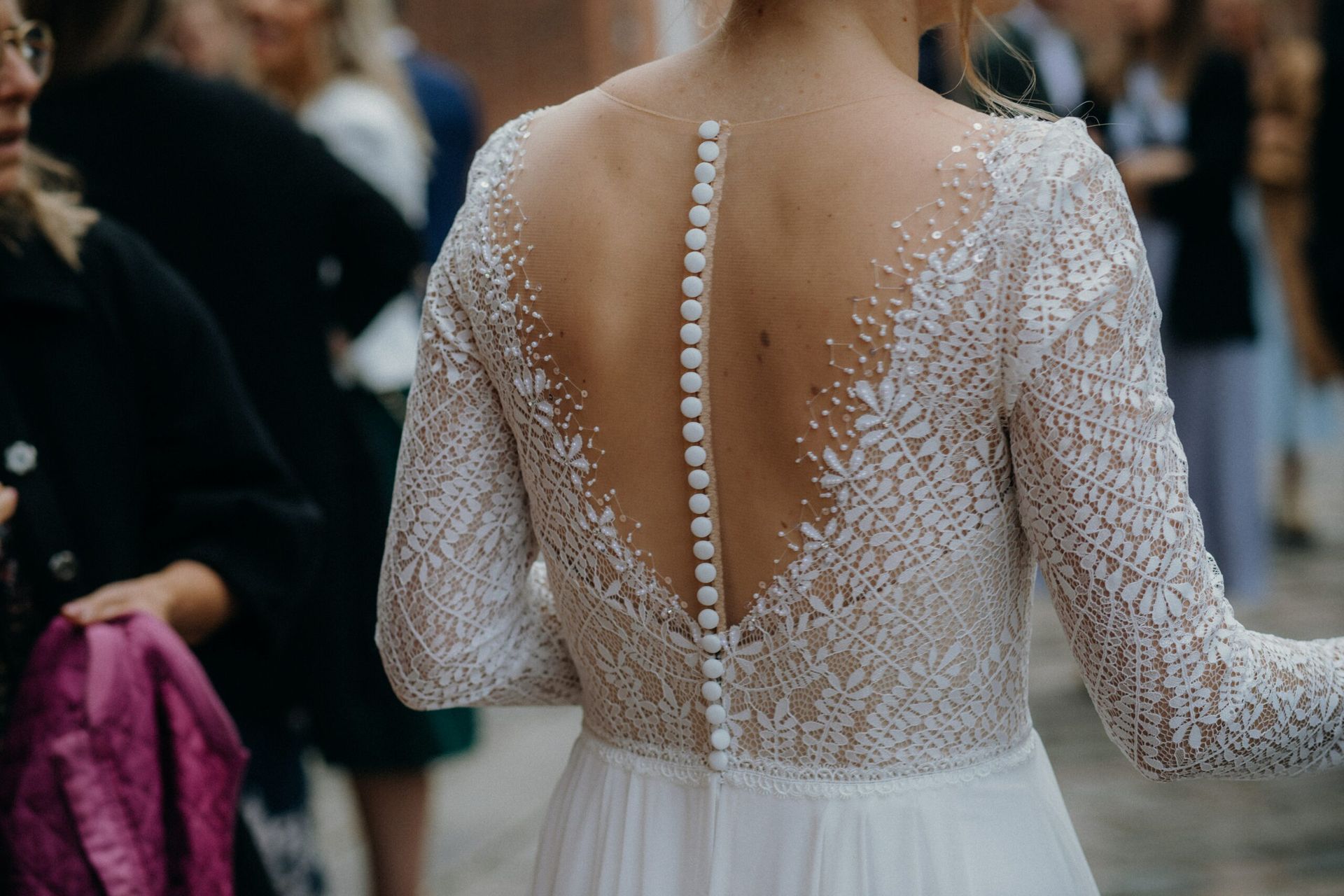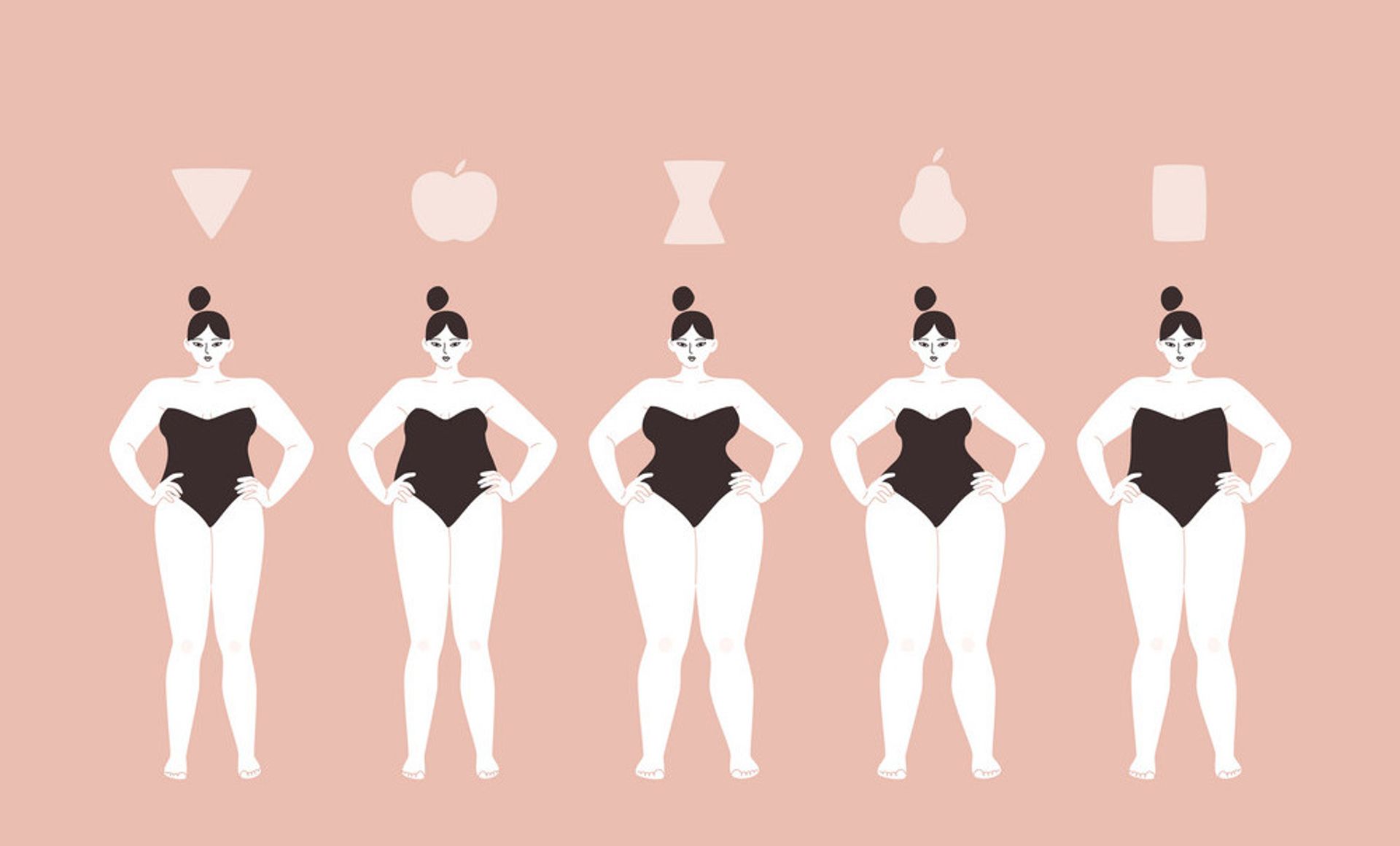Some people are unkind to plus-size people, which makes many curvy guys feel bad about themselves. But fortunately, the fat acceptance idea keeps spreading.
It says we should always love ourselves, mentally and physically. To empower the body-positive movement, many influencers/celebrities engaged and speak for curvy people.
You will know in this article:
- What is Fat Acceptance?
- Why Do We Support Fat Acceptance?
- 10 Plus-Size Celebrities Support Fat Acceptance
- Criticism of Fat Acceptance
- What Can We Do to Promote Fat Acceptance?
- Body-positivity VS Fat-acceptance
- How to accept being “fat”?
What is Fat Acceptance?
Haven you ever heard of the Fat Acceptance Movement? The movement is also known as “body-positive movement” which starts in the 1960s, and it aims to against body-shaming and encourage acceptance of all body types.
The Definition Of Fat Acceptance Movement

The Fat Acceptance Movement advocates equal rights for people of all sizes, creating an inclusive world where everyone loves themselves.
Attitudes of only petite size or slim shape composing the beauty, as mainstream but narrow “standards”, should be abandoned. Instead, people could enjoy a healthier and happier life.
The Cores of Fat Acceptance Movement
The cores are clear: body positivity, inclusivity, and equality for all sizes.
Body positivity refers to self-acceptance and self-love. It’s a life attitude, which encourages people to appreciate their own bodies, recognizing that beauty and self-worth are not determined only by conventional beauty standards.
Body inclusivity refers to the practice of embracing and respecting people of all body types, shapes, sizes, and appearances. People work on creating an environment where everyone, regardless of their physical characteristics, feels valued, respected, and included.
Body equality refers to conveying the idea that all bodies should be treated with equal respect, value, and dignity.
Body equality aligns with the principles of inclusivity and acceptance, emphasizing that everyone deserves the same level of respect and consideration.
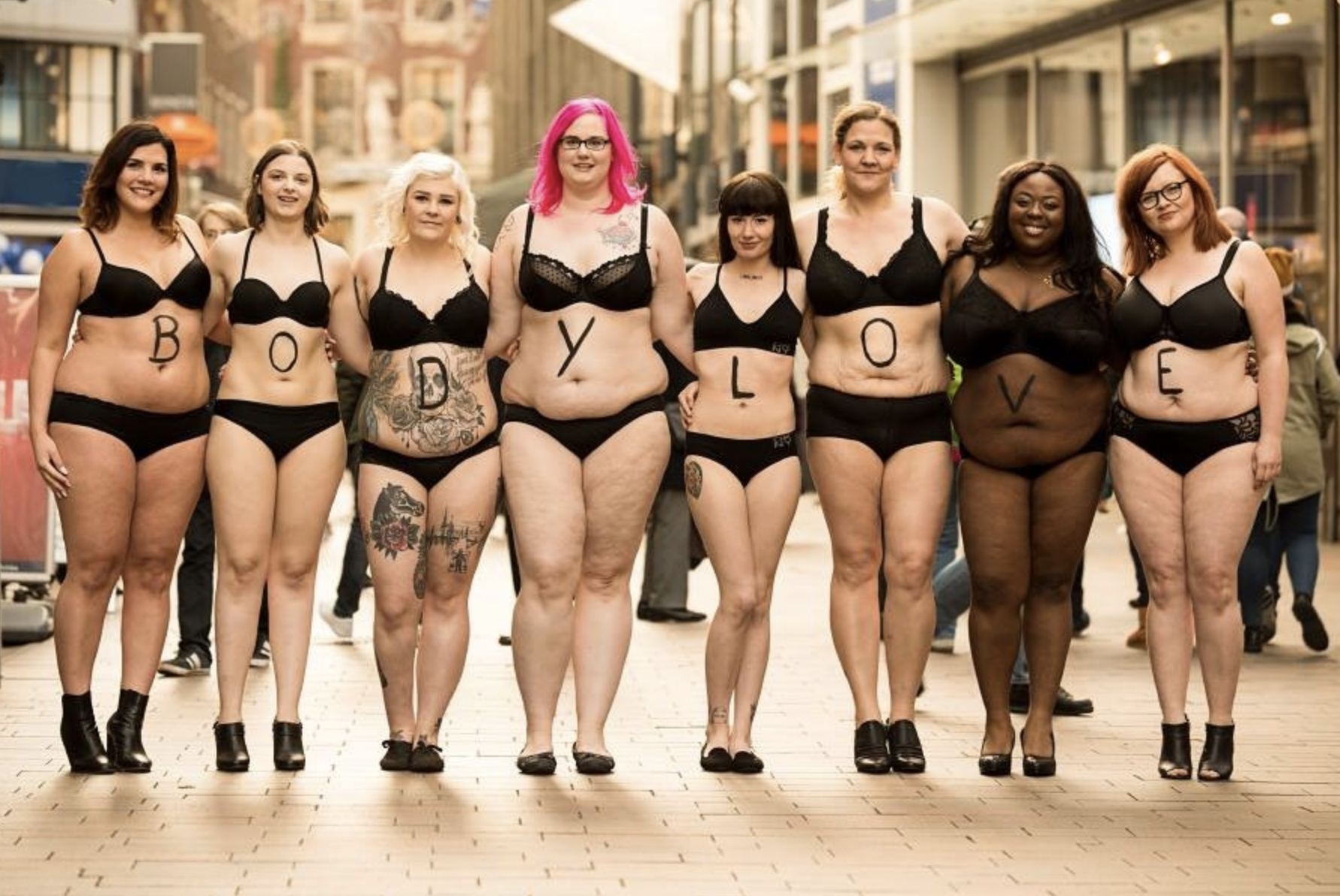
Why do we Support Fat Acceptance Movement?
Do plus-size people suffer discrimination?
Yes, plus-size people have faced unfair treatment for a long time.
And discriminations happen in many ways:
On social platforms, some people teased or made fun of plus-size people, ignoring all object factors (like Selena Gomez was bullied because of obesity by diseases)
Additionally, plus-size people are often portrayed negatively or as comic relief in media, reinforcing harmful stereotypes.

So that’s the reason why fat acceptance movement comes in.
It aims to make people see that it’s okay to be any size and that everyone should be treated fairly.
Some people may raise a question: Does the movement encourage to be “fat”? Well, “Fat Acceptance” isn’t saying that unhealthy choices are good, but it’s all about self-love and self-acceptance. It’s about making the world a kinder place where nobody judges you based on just appearance.
The Impact On Mental Health
A WooPlus user shared in our community:
Discrimination to my size really hurts me. I used many dating apps, but almost every people ghosted me after knowing I’m plus size. It makes me believe that I don’t deserve to be loved because of my size.
Then I tried to lose weight. I was on diet and even drink few water, it seems worked at first, but then it got worse and I was sick. One night I was lying in bed sadly, wondering if I could do a surgery or something so next day I asked my doctor.
She was surprised and angry, and I suddenly realized something is wrong during her persuasion: Am I crazy? Why should I hurt myself because of the narrow “beauty standard”?
A WooPlus User
Now, I fully accept myself, and I think that if someone really love me, he won’t judge me only by appearance.

Is Being Plus Size A Sin?
No, it’s not.
Although mainstream “standard” often equates thinness with success, beauty, and discipline, the truth is that people of all sizes can and do make valuable contributions.
So we always insist that being plus size is never a sin.
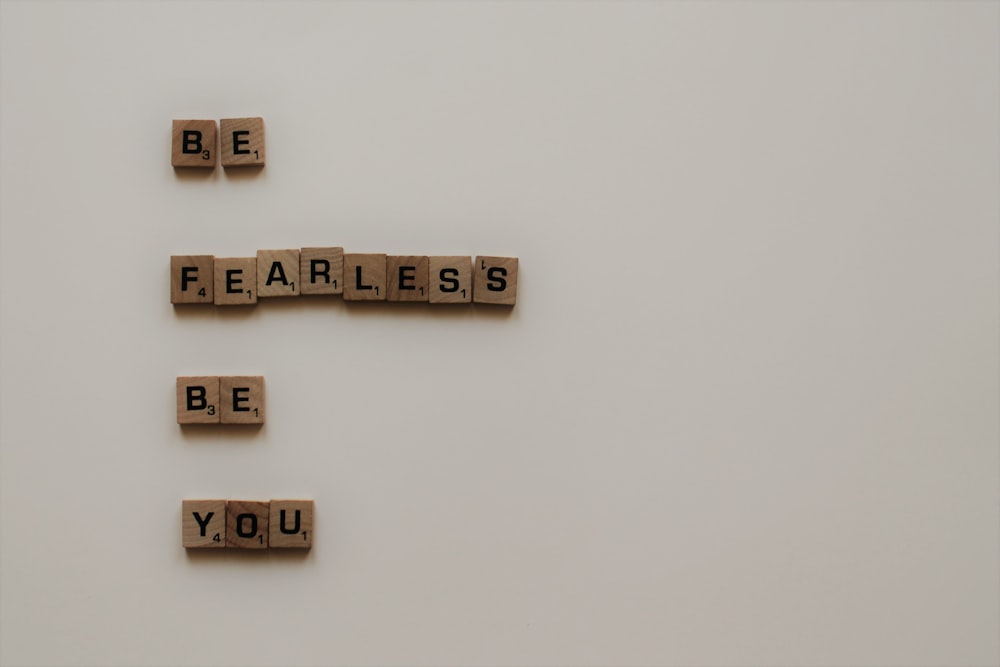
10 Plus-Size Celebrities Support Fat Acceptance
Here are 10 prominent fat acceptance promoters:
- Winston Churchill, the Prime Minister of the United Kingdom during World War II. People praise his inspiring speeches and leadership during the war, and for his pivotal role in defeating Nazi Germany. Churchill was also a prolific writer and won the Nobel Prize in Literature in 1953 for his historical and biographical works.
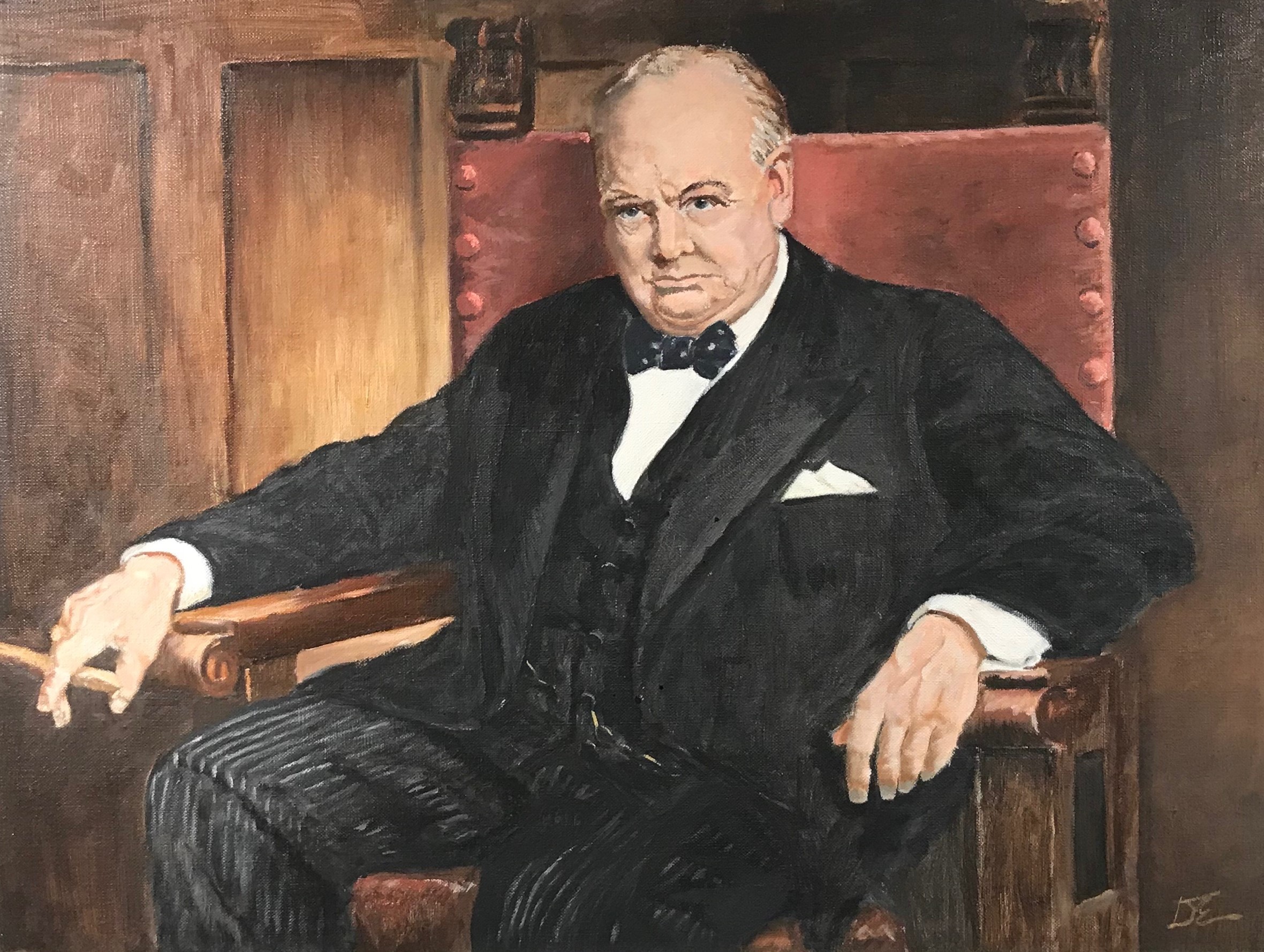
- Babe Ruth was an American professional baseball player who played for the Boston Red Sox, New York Yankees, and Boston Braves during his career. He is the greatest baseball player of all time and was known for his powerful hitting and charismatic personality. Ruth set many records during his career, including the record for most home runs in a season and most career home runs, which stood for many years.
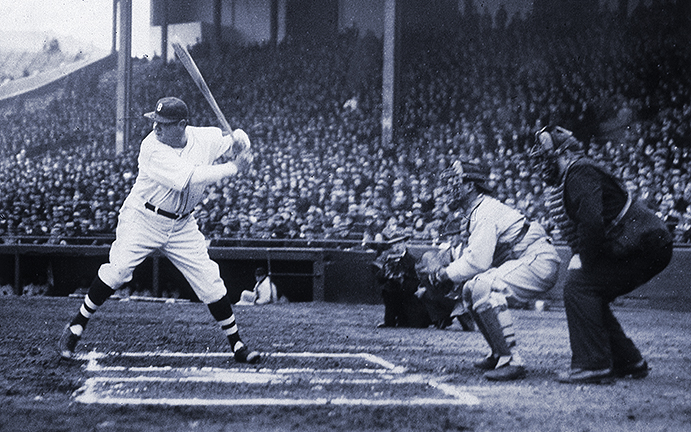
- Elvis Presley was an American singer, musician, and actor who is often referred to as the “King of Rock and Roll”. He became one of the most influential and popular musicians of the 20th century, with hits such as “Heartbreak Hotel,” and “Hound Dog.”
- James Gandolfini was an American actor best known for his role as Tony Soprano in the HBO series “The Sopranos.” He won multiple awards for his portrayal of the complex and conflicted mob boss, including three Emmy Awards and a Golden Globe Award. Gandolfini also appeared in many films, including “True Romance,” “Get Shorty,” and “The Mexican.”

- Luciano Pavarotti was an Italian opera singer known for his powerful and emotive tenor voice. He became one of the most popular and successful opera singers of the 20th century, performing in venues such as the Metropolitan Opera in New York and the Royal Opera House in London. Pavarotti was also known for his humanitarian work, particularly in the fight against world hunger.
Female Figures
- Queen Latifah is an American rapper, actress, and singer who has been active in the entertainment industry since the late 1980s. She is known for her socially conscious lyrics and her role in promoting female empowerment in hip-hop music. Queen Latifah has also had a successful acting career, appearing in films such as “Chicago,” “Hairspray,” and “Girls Trip.”

- Melissa McCarthy is an American actress and comedian who has appeared in many films and television shows. She is known for her comedic roles, particularly in films such as “Bridesmaids,” “The Heat,” and “Spy.” McCarthy has been nominated for many awards for her work, including two Academy Awards.

- Beth Ditto is an American singer-songwriter and LGBTQ+ activist. She is known for her powerful voice and her work as the lead singer of the band Gossip. Ditto has also released solo albums and has been an outspoken advocate for LGBTQ+ rights, body positivity, and feminism.
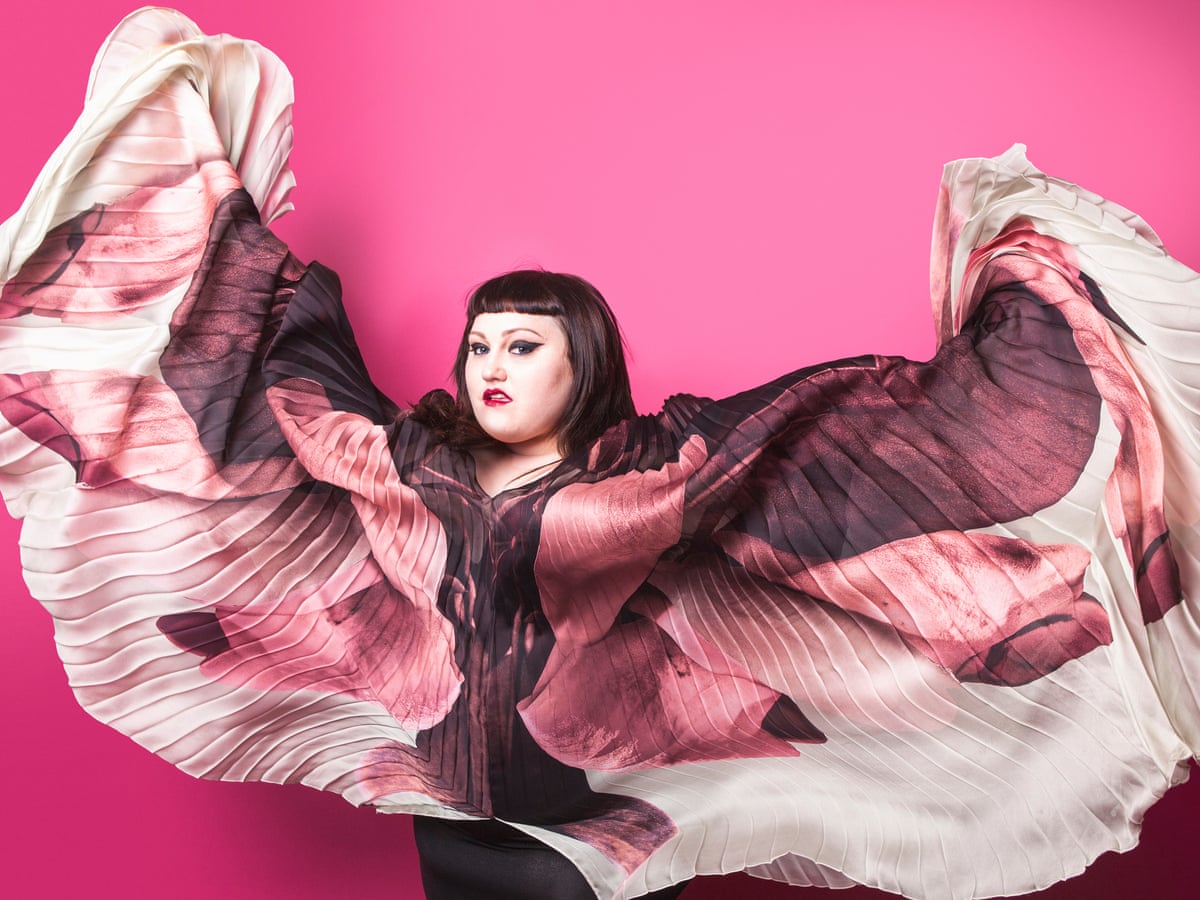
- Ashley Nell Tipton is a plus-size fashion designer who won season 14 of the reality show Project Runway. She uses her platform to advocate for body positivity and to create stylish and fashionable clothing for plus-size individuals. Her designs have been featured in major publications, and she continues to be a trailblazer in the fashion industry.
- Mary Lambert is a singer-songwriter who gained fame for her feature on Macklemore and Ryan Lewis’s hit song “Same Love.” She is also an outspoken advocate for body positivity and has been open about her struggles with body image and mental health. Through her music and activism, she promotes acceptance and celebrates all body types.
Criticism of Fat Acceptance
The Fat Acceptance Movement also faces criticisms.
Such as the medical community over obesity’s health risks.
The medical community raise concerns that fat acceptance may lead to people neglecting their health, adopting an unhealthy lifestyle, and increasing the risk of health problems associated with obesity, such as heart disease, type 2 diabetes, and some types of cancer.
Besides, some people say fat acceptance is a “moral binding”, which makes many people go against their true thoughts.
What can we do to promote Fat Acceptance?

What’s the next step of fat acceptance? Well, there are things we can do to keep moving forward:
Firstly, we need to keep spreading the harms of fat-phobia.
Plus-size people are subjected to discrimination, bias, or even violence just because of their curvy size. Those inappropriate behaviors should stop, and thus, one way is to convey body positivity.
Another way to promote body diversity. In this case, we should not only include plus-size models or actors/actresses but also portray people of all sizes in a positive light.
But we should keep in mind that fat acceptance is not a one-size-fits-all solution. People could choose to do anything but suffer no judgments.
By continuing to spread awareness, promote body diversity, and support everyone’s choices, we can build a peaceful community where all body types can enjoy their life.
FAQ
What is the difference between Body Positivity and Fat Acceptance?
These two movements share a common goal of promoting body diversity and reducing discrimination against body-shaming, but there are still some distinctions.
The body positivity movement was born out of a response to unrealistic beauty standards. It’s not only for plus-size people, but also for the disabled and all minor groups.
The fat acceptance movement against plus-size body discrimination and reclaim the word “fat” from a negative connotation. It emphasizes that people of all sizes deserve respect and dignity and that everyone has the right to be free from judgment and body-shaming.
How do I accept being plus-size/ overweight?
Appearance and self-worth compose you as a whole, so you can’t clarify which one is more important.
But in my view, choosing the one that really makes you better and live in happy and healthy life is the prime choice.
If you are mocked due to being “fat”, then just stay with people who support you. And seeking resources, such as social media or groups that support body positivity, that can help you feel empowered and confident in your plus-size body.



